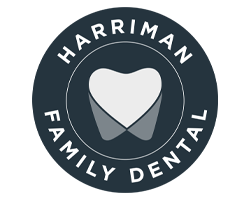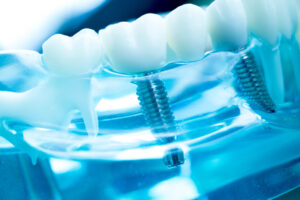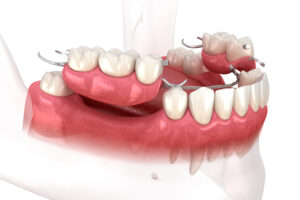Brushing your teeth is an important part of preventive dentistry. And fluoride toothpaste is a critical part of that prevention. Fluoride changes your tooth enamel to make it more resistant to acidic attack from oral bacteria and acidic foods and beverages.
But how much fluoride is necessary to achieve proper protection? Most toothpaste with the ADA symbol of approval includes 1000 ppm (parts per million), but is that enough? Is it too much?
A new study tried to answer these questions by looking at a review of quality studies on the subject, but the answer is still somewhat unclear. However, they do suggest that more fluoride might be better for cavity prevention.
A Large Review of Toothpaste Effectiveness
The new study is a review from the Cochrane Review. This independent organization is commonly seen as the best source for evidence-based medicine because it conducts thorough reviews that evaluate different medical techniques and technologies to figure out which ones actually work.
For this review, researchers looked at over 7000 studies published between 1955 and 2014, but found only 96 that they felt provided quality information on the topic. Even so, these studies used data from nearly 70,000 people, including both adults and children. The studies evaluated toothpastes of different strengths and compared them to toothpastes without fluoride.
The strongest conclusion they were able to prove was that fluoride toothpaste provides better cavity prevention than toothpaste without fluoride.
On the question of how much the concentration of fluoride mattered, the evidence was more mixed. Some studies suggested that using a toothpaste with 1450 to 1500 ppm fluoride gave better protection than brushing with toothpaste that has 1000 to 1250 ppm fluoride. But other studies suggested that the protection difference between 1055 ppm and 550 ppm wasn’t statistically significant.
Comprehensive Prevention
Regular brushing with fluoride is an important part of your oral hygiene routine, but it can’t stand alone. It needs to be part of a comprehensive program.
Daily flossing is critical to clean the parts of your teeth that the toothbrush can’t reach. This is mostly important for protecting your gum health, but it can also help prevent cavities between your teeth that are hard to detect and repair.
And, of course, you need to make regular dental checkups. At your checkup, we can evaluate your oral health and detect any cavities that might have developed. If we identify any, we’ll recommend tooth-colored fillings to repair them.
In addition, we will do a professional cleaning that removes tartar from your teeth. Tartar is what happens when you don’t clean plaque from your teeth and it absorbs minerals from your saliva. It’s like a fossil record of all the spots you’re missing when you brush and floss. No matter how hard you try, there will always be a little bit of this in the six months between appointments, but we can tell if you might need to change your routine a little bit, such as brushing more often or more thoroughly, and we’ll recommend changes.
If you are looking for a Central Valley dentist to help you maintain and improve your oral health, please call (845) 783-6466 today for an appointment at Harriman Family Dental.



